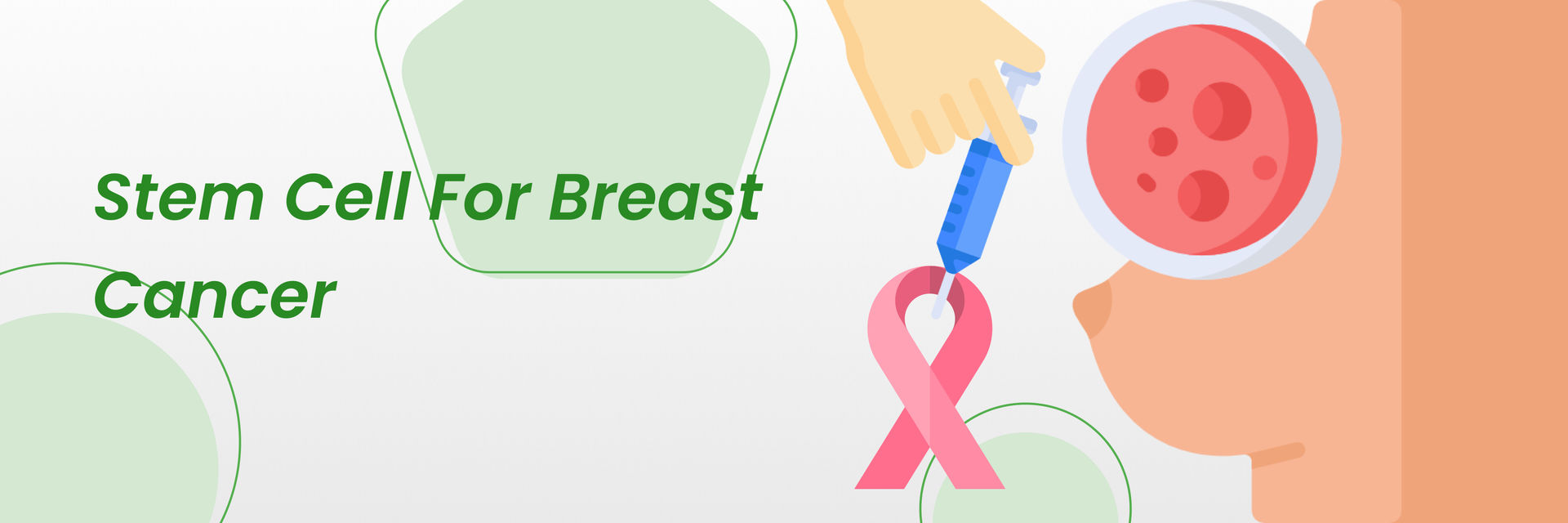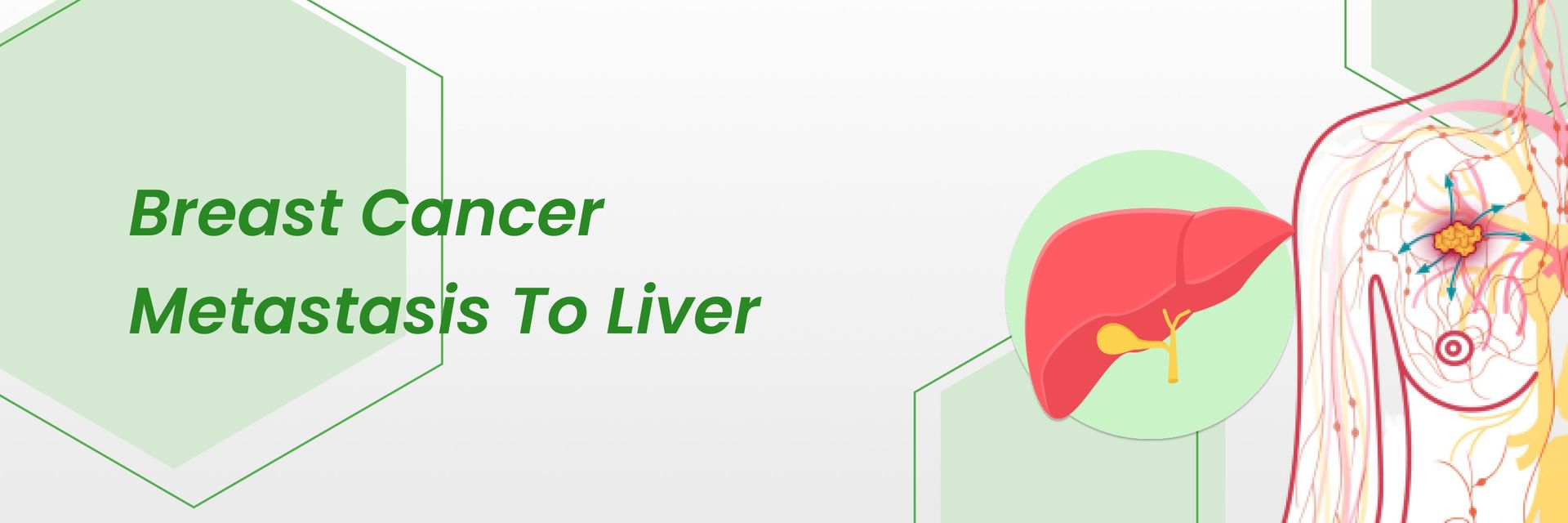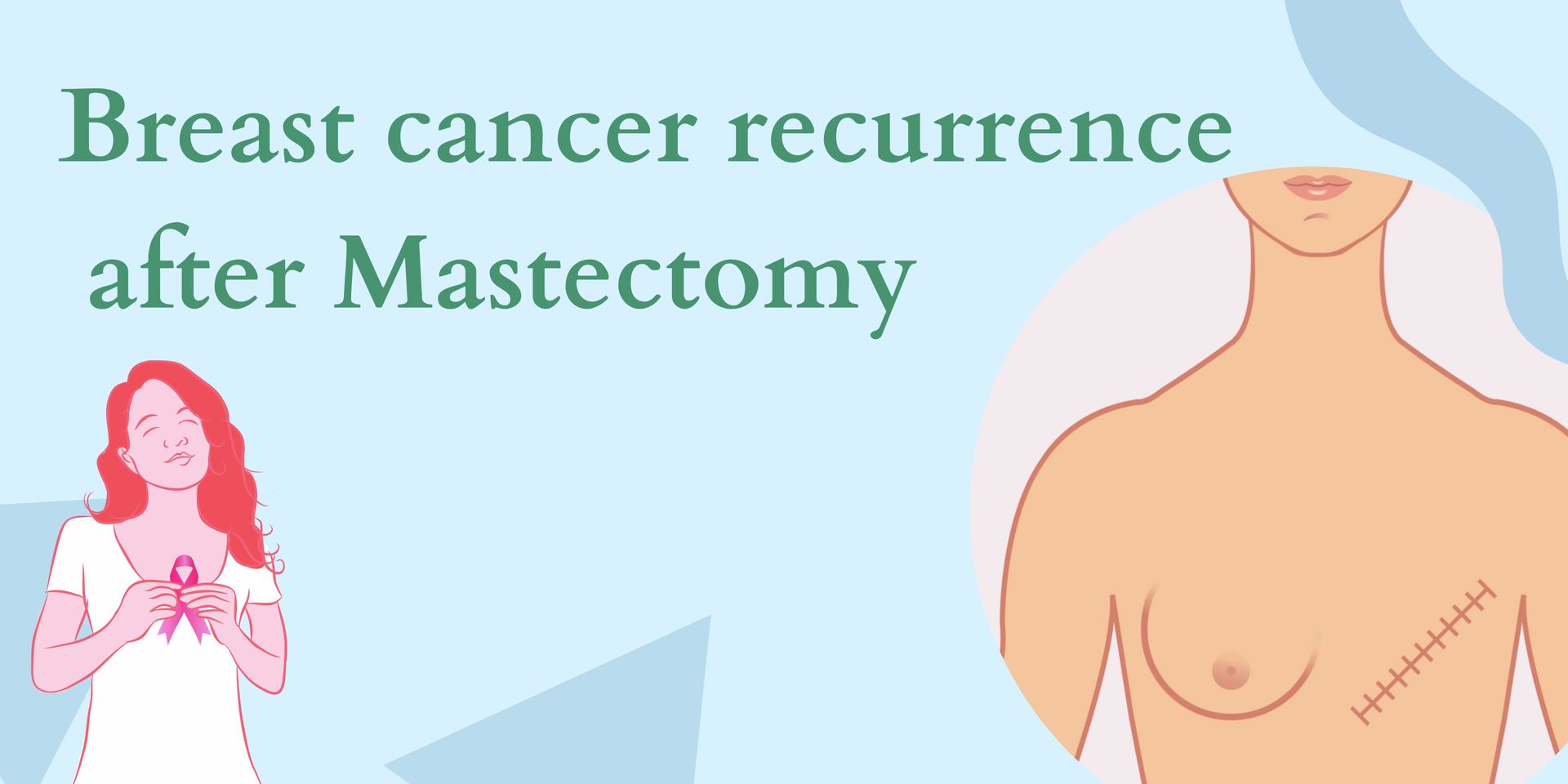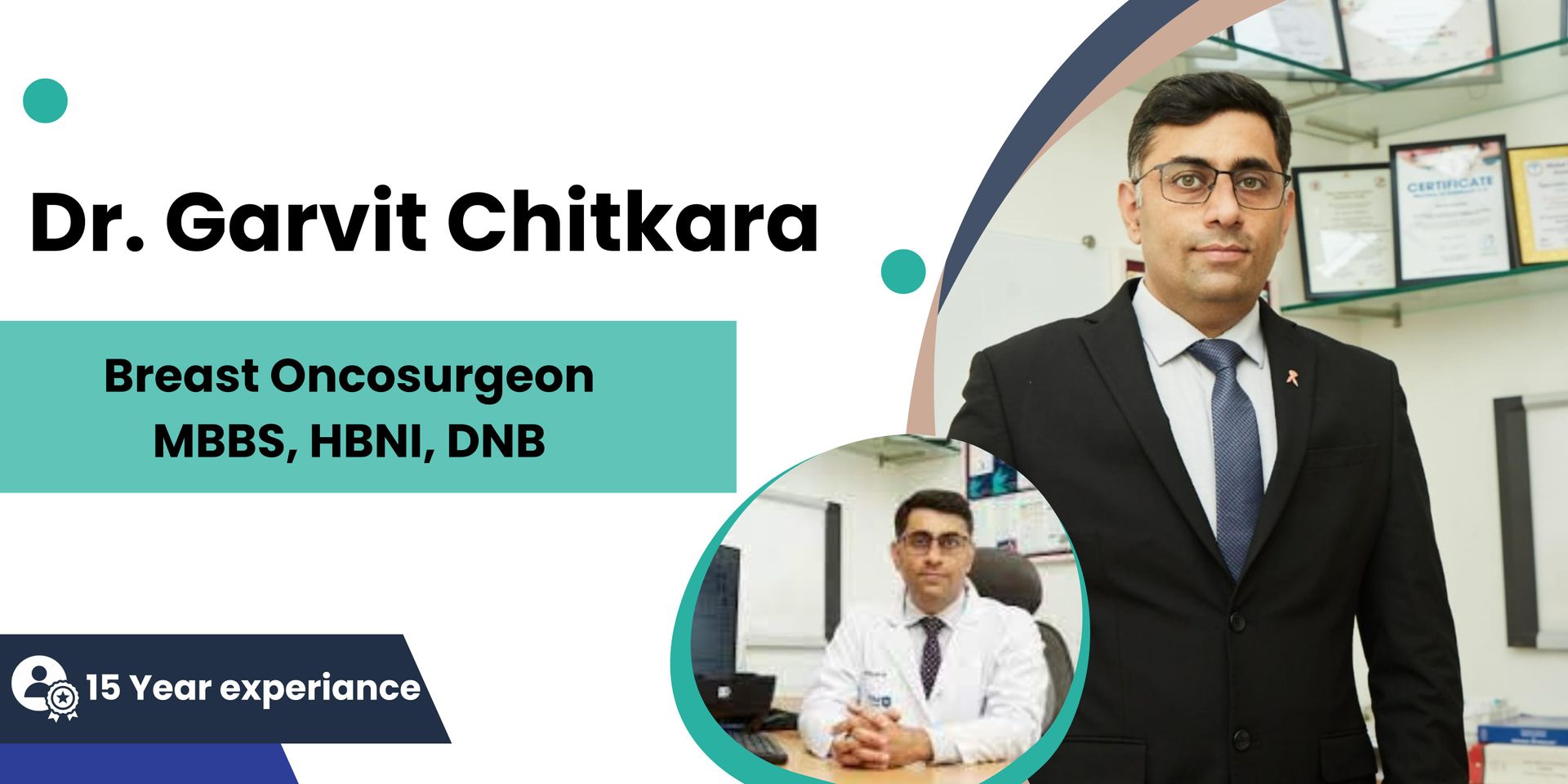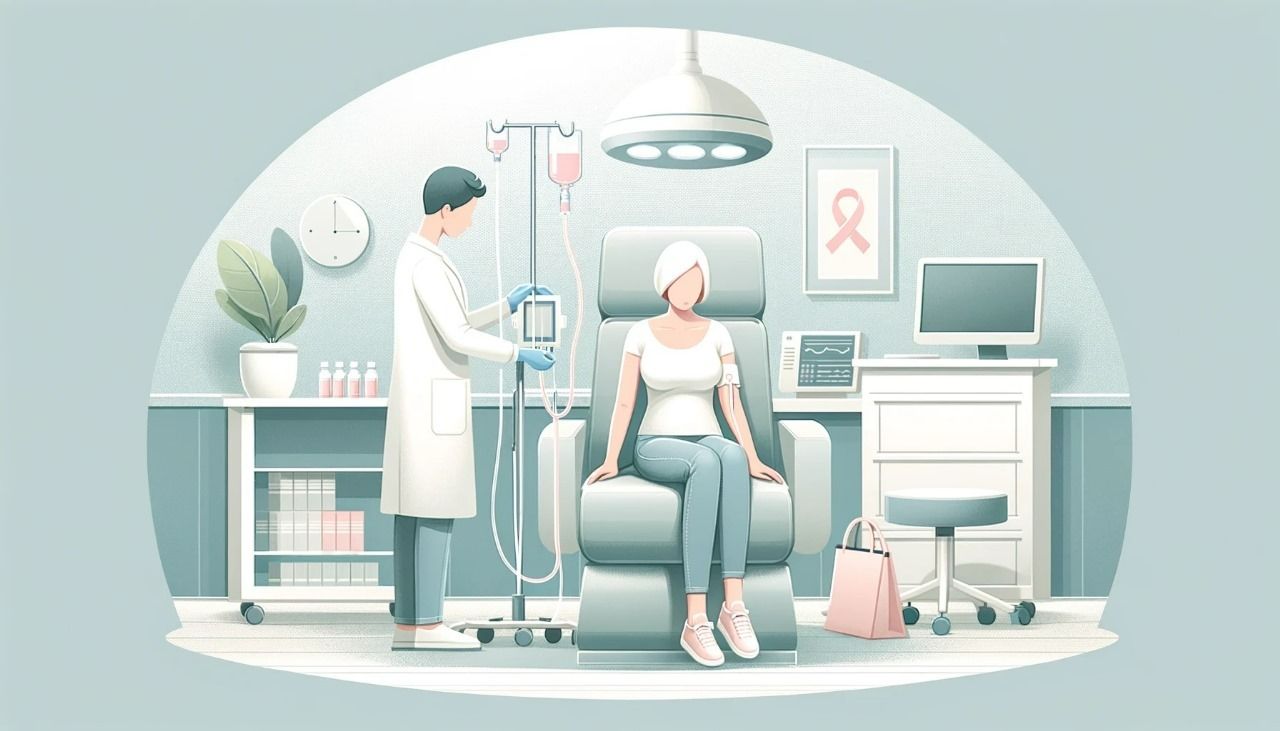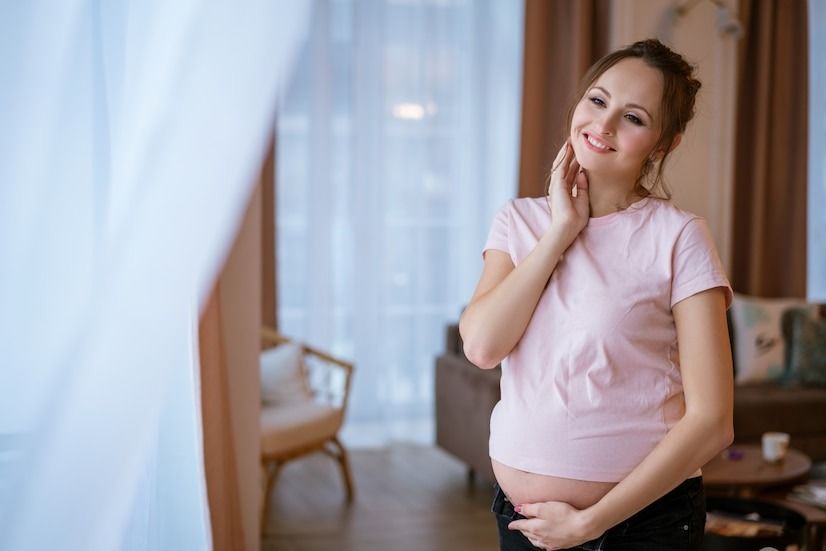Breast cancer after menopause is a significant health concern, particularly in India, where around 25% of breast cancer cases are reported in postmenopausal women. Breast cancer is the uncontrolled growth of breast cells that form tumors, which can be either benign or malignant. Early diagnosis and treatment play a crucial role in managing this disease, and understanding the risks after menopause is essential.
In India, breast cancer ranks as the leading cause of cancer in women, with more than 1,62,000 new cases diagnosed annually. Studies show that women over 50 have an increased risk, as hormonal changes during menopause can trigger abnormal cell growth.
What Causes Breast Cancer After Menopause?
Postmenopausal women have a higher chance of developing breast cancer than younger women. The National Cancer Institute estimates that the lifetime risk for breast cancer in women over 50 is 1 in 8. As women age, hormonal shifts, particularly the reduction in estrogen levels during menopause, can lead to changes in breast tissue, increasing the risk of breast cancer. Some of the key causes include:
- Hormone Replacement Therapy (HRT): Women who take hormone therapy to alleviate menopausal symptoms may increase their risk of breast cancer.
- Late Menopause: Women who experience menopause after the age of 55 have a higher chance of developing breast cancer.
- Obesity: Weight gain after menopause can increase estrogen levels, which may promote cancer cell growth.
Risk Factors
- Age: The risk of breast cancer increases with age, especially after 50.
- Family History: Women with close relatives diagnosed with breast cancer are at a higher risk.
- Alcohol Consumption: Studies indicate that even moderate alcohol intake can increase breast cancer risk.
- Previous Radiation Exposure: Women who had radiation therapy to the chest area before age 30 are more likely to develop breast cancer.
Difference Between Premenopausal and Postmenopausal Breast Cancer
Understanding the distinctions between breast cancer before and after menopause is important for proper diagnosis and treatment:
| Factors | Premenopausal Breast Cancer | Postmenopausal Breast Cancer |
| Age of Onset | Occurs in women under 50 | Primarily affects women over 50 |
| Hormonal Influence | Higher influence of estrogen and progesterone | Lower levels of estrogen after menopause |
| Tumor Characteristics | Often more aggressive and fast-growing | Slower-growing but more common |
| Treatment Approaches | May involve more aggressive treatments | Treatment often includes hormone therapy |
Postmenopausal Breast Cancer Symptoms
Recognizing the symptoms of breast cancer after menopause is key to early detection. Common symptoms include:
- A lump in the breast or underarm
- Changes in the size or shape of the breast
- Dimpling or puckering of the skin
- Inverted nipple or nipple discharge
- Redness or flaky skin on the breast
If you notice any of these symptoms, book an appointment with the best breast cancer specialists in India for a thorough evaluation.
Can Early Menopause Cause Breast Cancer?
Women who experience early menopause before age 45 are at a lower risk of breast cancer compared to those who have later menopause. Early menopause leads to less lifetime exposure to estrogen, which is linked to a decreased risk of hormone-driven cancers.
However, hormone replacement therapy (HRT) used to treat early menopause symptoms can increase the risk of breast cancer. Women undergoing HRT should have regular breast cancer screenings to monitor any changes.
Postmenopausal Breast Cancer Treatment
The treatment for postmenopausal breast cancer is often more targeted, as hormone receptor-positive breast cancers are common. Treatment options include:
- Hormone Therapy: Medications like tamoxifen or aromatase inhibitors are commonly prescribed to block the production or effects of estrogen on breast cancer cells.
- Surgery: Lumpectomy or mastectomy may be performed to remove cancerous tissue.
- Radiation Therapy: Often used after surgery to kill any remaining cancer cells.
- Chemotherapy: Administered in cases where cancer has spread beyond the breast.
Hormone Therapy for Breast Cancer Postmenopausal
Hormone therapy is a cornerstone in treating hormone receptor-positive breast cancers. For postmenopausal women, aromatase inhibitors like anastrozole or letrozole are commonly prescribed. These medications help reduce the amount of estrogen in the body, slowing the growth of estrogen-dependent cancer cells.
Key Benefits:
- Effective in reducing the recurrence of breast cancer
- Often prescribed for 5-10 years following surgery
Potential Side Effects:
- Joint pain
- Bone thinning (osteoporosis)
- Hot flashes
Women considering hormone therapy should consult their oncologist to weigh the benefits and risks based on their health status.
FAQs
1. Is Breast Cancer After Menopause Hereditary?
Breast cancer can be hereditary, particularly if there is a family history of breast or ovarian cancer. Mutations in genes like BRCA1 and BRCA2 increase the likelihood of breast cancer. If a close relative, such as a mother or sister, has been diagnosed with breast cancer, it’s important to discuss genetic testing with a doctor.
2. What is the Most Common Breast Cancer After Menopause?
The most common type of breast cancer diagnosed after menopause is invasive ductal carcinoma (IDC), which originates in the milk ducts and invades surrounding tissues. IDC accounts for approximately 70-80% of all breast cancer cases in postmenopausal women.
3. Can postmenopausal breast cancer be cured?
Yes, early-stage breast cancer can often be treated successfully, especially with a combination of surgery, radiation, and hormone therapy.
4. How often should postmenopausal women get screened for breast cancer?
Women over 50 should have a mammogram every 1-2 years. Those with higher risk factors may need more frequent screenings.
5. Is postmenopausal breast cancer more aggressive?
Not necessarily. While postmenopausal breast cancers can be slower growing, they are more common, making regular screenings critical for early detection.
6: Does diet influence breast cancer risk after menopause?
A healthy diet rich in fruits, vegetables, and lean proteins, along with regular exercise, can help lower the risk of breast cancer after menopause.
